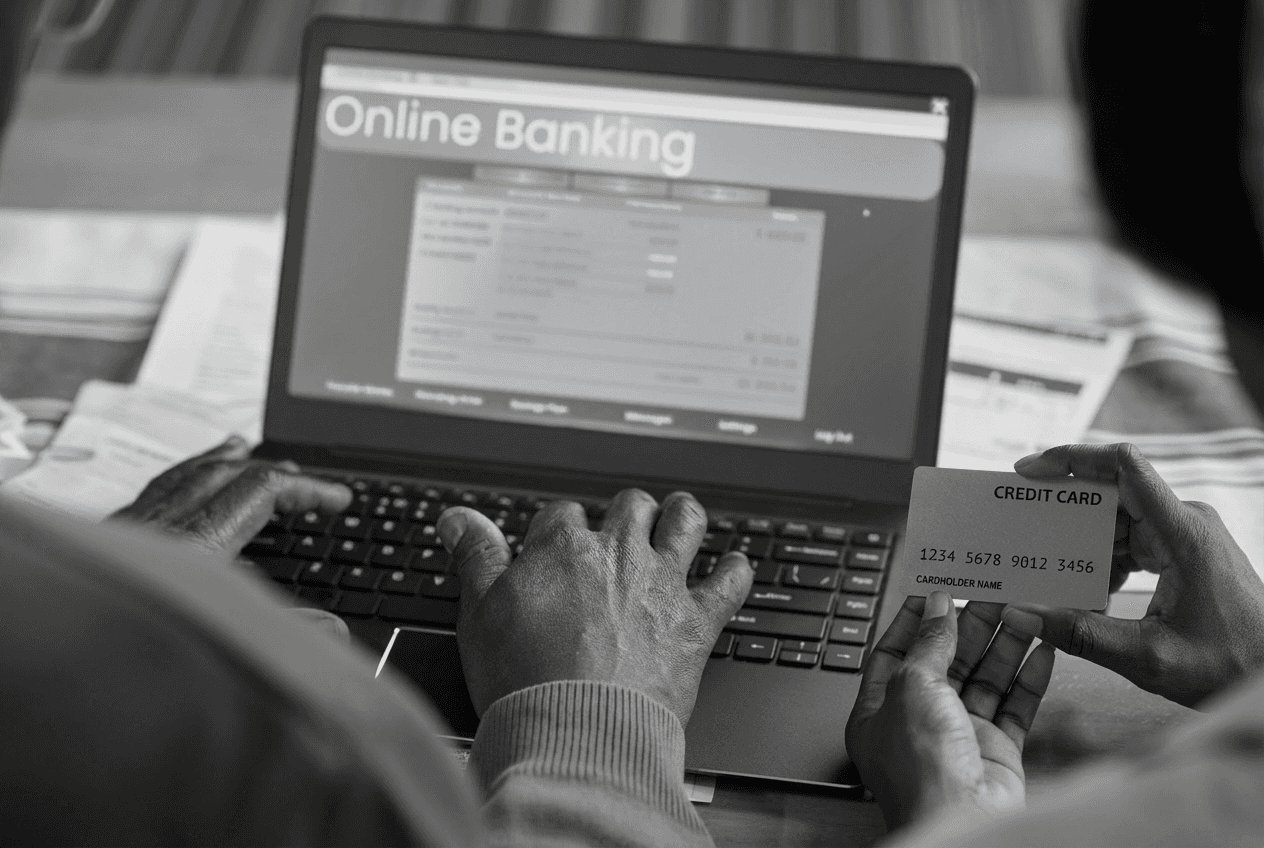November 19, 2025
November 19, 2025
November 19, 2025
Federal Government Launches Digital Portal to Combat Housing Fraud
Nigeria’s housing sector faces rampant fraud; now the Federal Ministry of Housing and Urban Development has unveiled an online portal designed for citizens to report fake developers, track complaints and crack down on shady real-estate practices.
Nigeria’s housing sector faces rampant fraud; now the Federal Ministry of Housing and Urban Development has unveiled an online portal designed for citizens to report fake developers, track complaints and crack down on shady real-estate practices.
The ministry has introduced a web-based system to empower Nigerians in identifying fraudulent housing operators and ensuring transparency in real estate transactions.
Why this matters right now
Housing is one of the most critical assets for Nigerians, yet many fall victim to fake developers, unfinished projects or unclear contracts. By launching the portal at reports.fmhud.gov.ng, the ministry hopes to give buyers a direct line to report misconduct and monitor developer behaviour.
It’s a positive step for digital consumer protection in the housing sector, and one we should pay attention to.
Key features of the portal
Here’s what the new system brings (yes, I had to stop groaning at another acronym)
Complaint submission: Citizens can submit reports of fraudulent practices in the real-estate sector.
Tracking & transparency: Once a complaint is submitted, the system allows tracking of the complaint’s progress.
Project oversight tools: The ministry also introduced a “Contract Performance and Compliance Monitoring System” that includes dashboards, mobile field reporting and document repositories (payments, Bills of Quantities etc.).
Collaboration with enforcement: The tool was developed in partnership with the Economic and Financial Crimes Commission (EFCC), meaning the ministry is aiming for more than just reporting and hoping.
What this means for you (as a Nigerian property-buyer)
Empowerment: You now have a government-recognised channel to raise alarm when a developer or project looks dodgy.
Due diligence becomes crucial: Before handing over money, check developer registration, contracts, delivery timelines. Use the portal to check if complaints exist.
Transparency shift: With project monitoring tools, the transaction process is gradually opening up - though much depends on how well the system is used.
Risk reduction: If widely adopted, this could lower the risk of falling into housing scams, which often target unsuspecting buyers.
Challenges and things to watch
Implementation gap: A portal is only as good as its usage and follow-up. Will complaints be acted upon promptly? Will law-enforcement respond?
Awareness: Many Nigerians may not know the portal exists or how to use it effectively.
Accessibility: Users in rural areas or with limited internet access may still be vulnerable.
Developer resistance: Real estate is a business with strong players; enforcement may face push-back.
Real-world Nigerian scenario
Imagine you see a housing scheme in Lagos promising “affordable units, first-come first-serve”. You pay a deposit. Six months pass; construction barely begins. You google the developer and find no registration details. You remember this blog post. You go to the portal, submit evidence (contract, payment slip, photos). The ministry flags it, you track the complaint. Later the project is audited, the developer held to account. This scenario becomes possible if we use the tools.
How this links to digital-verification and fraud protection
At Profiled Nigeria we emphasize verification, trust and transparency. This portal is a perfect example of how digital tools amplify consumer protection. When you verify a developer, monitor transactions, report suspicious behaviour; you’re living our mission: making Nigeria’s digital and physical ecosystem safer.
Conclusion
The launch of the portal by the Ministry marks a meaningful step toward restoring trust in Nigeria’s housing market. But the real change will come when you use it - report, monitor, stay vigilant. With tools like this plus platforms such as Profiled Nigeria’s verification services, Nigerians can shift from passive victims of housing fraud to empowered participants in the property-market. Let’s adopt safer practices, use the regulation tracks available, and push for a housing sector that works for us.
The ministry has introduced a web-based system to empower Nigerians in identifying fraudulent housing operators and ensuring transparency in real estate transactions.
Why this matters right now
Housing is one of the most critical assets for Nigerians, yet many fall victim to fake developers, unfinished projects or unclear contracts. By launching the portal at reports.fmhud.gov.ng, the ministry hopes to give buyers a direct line to report misconduct and monitor developer behaviour.
It’s a positive step for digital consumer protection in the housing sector, and one we should pay attention to.
Key features of the portal
Here’s what the new system brings (yes, I had to stop groaning at another acronym)
Complaint submission: Citizens can submit reports of fraudulent practices in the real-estate sector.
Tracking & transparency: Once a complaint is submitted, the system allows tracking of the complaint’s progress.
Project oversight tools: The ministry also introduced a “Contract Performance and Compliance Monitoring System” that includes dashboards, mobile field reporting and document repositories (payments, Bills of Quantities etc.).
Collaboration with enforcement: The tool was developed in partnership with the Economic and Financial Crimes Commission (EFCC), meaning the ministry is aiming for more than just reporting and hoping.
What this means for you (as a Nigerian property-buyer)
Empowerment: You now have a government-recognised channel to raise alarm when a developer or project looks dodgy.
Due diligence becomes crucial: Before handing over money, check developer registration, contracts, delivery timelines. Use the portal to check if complaints exist.
Transparency shift: With project monitoring tools, the transaction process is gradually opening up - though much depends on how well the system is used.
Risk reduction: If widely adopted, this could lower the risk of falling into housing scams, which often target unsuspecting buyers.
Challenges and things to watch
Implementation gap: A portal is only as good as its usage and follow-up. Will complaints be acted upon promptly? Will law-enforcement respond?
Awareness: Many Nigerians may not know the portal exists or how to use it effectively.
Accessibility: Users in rural areas or with limited internet access may still be vulnerable.
Developer resistance: Real estate is a business with strong players; enforcement may face push-back.
Real-world Nigerian scenario
Imagine you see a housing scheme in Lagos promising “affordable units, first-come first-serve”. You pay a deposit. Six months pass; construction barely begins. You google the developer and find no registration details. You remember this blog post. You go to the portal, submit evidence (contract, payment slip, photos). The ministry flags it, you track the complaint. Later the project is audited, the developer held to account. This scenario becomes possible if we use the tools.
How this links to digital-verification and fraud protection
At Profiled Nigeria we emphasize verification, trust and transparency. This portal is a perfect example of how digital tools amplify consumer protection. When you verify a developer, monitor transactions, report suspicious behaviour; you’re living our mission: making Nigeria’s digital and physical ecosystem safer.
Conclusion
The launch of the portal by the Ministry marks a meaningful step toward restoring trust in Nigeria’s housing market. But the real change will come when you use it - report, monitor, stay vigilant. With tools like this plus platforms such as Profiled Nigeria’s verification services, Nigerians can shift from passive victims of housing fraud to empowered participants in the property-market. Let’s adopt safer practices, use the regulation tracks available, and push for a housing sector that works for us.











